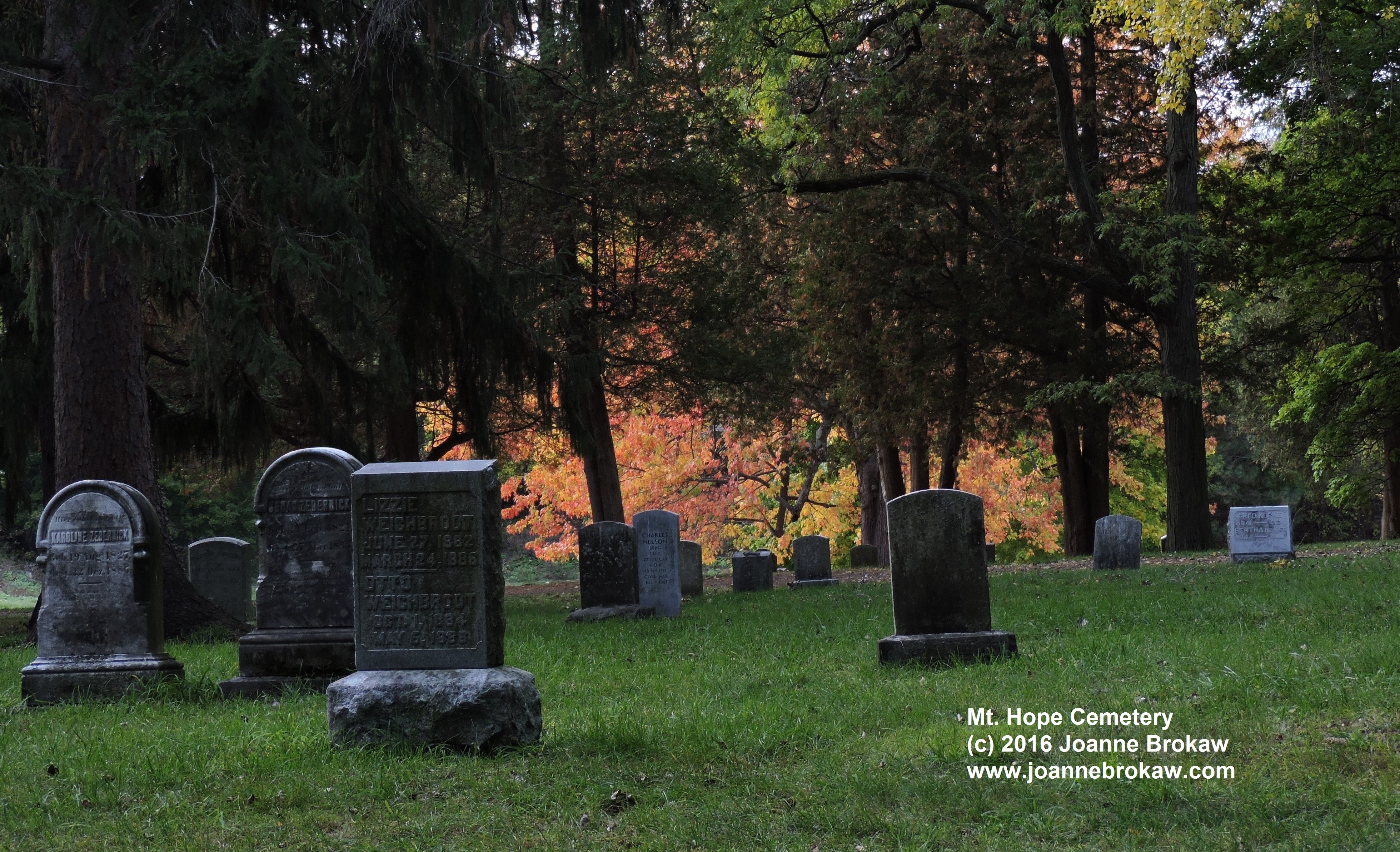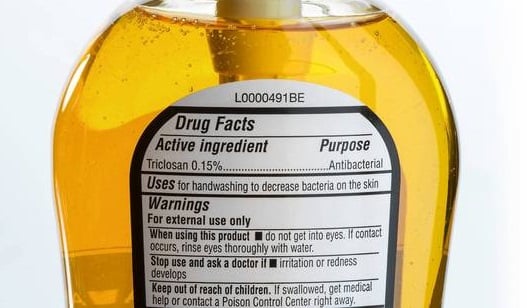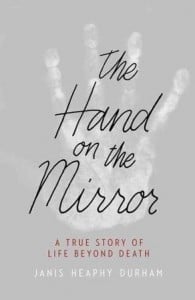
The homes in this village were ramshackle sheds, put together with scrap metal, cardboard and whatever other materials the owners could salvage from the sides of the road or the dump. Each small plot of land – about 30 x 30 feet – had a cement floor and two holes in the yard, one for water to come up and one for waste to go down. A drainage ditch ran through the community, stagnant sewage-filled water littered with plastic bottles and other castoff garbage. The hot sun beat down on the village and the dry earth blew across the road with every slight breeze.
This was the hopeful community, hopeful because residents hoped that within the next five years their community would have running water and electricity. Residents were proud of their community, the small plot of land they owned, and called home, grateful for what they had while hoping for progress. But happy and content, nonetheless.
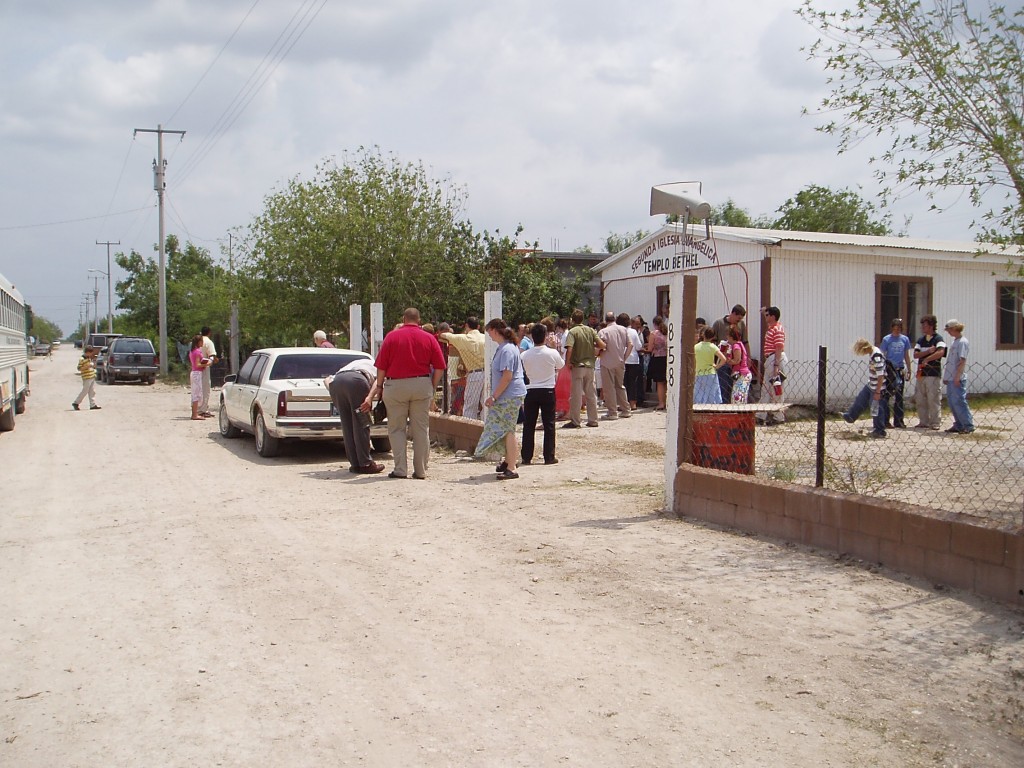
It was 2005 and I was in a small village near Rio Bravo, Mexico. I’d gone to the area with a group to do construction at a school for deaf children. At the time, I was petrified to fly, didn’t speak Spanish or sign language, and was so inept with anything mechanical I’d once almost electricuted myself with a folding chair and a printer cable.
But like many Americans who head out on mission trips, I thought I was the big hero coming to save the poor, helpless inhabitants of a “Third World” country, swooping down with money and education and everything else these poor souls lacked.
God, what an ass I was.
I went to Mexico with the idea I would bring something to the people, but I left Mexico much richer – spiritually and personally and, ironically, materially.
When you see the world through the eyes of someone for whom running water and electricity are a dream, you start to understand just how blessed you are to have a shower every day and a toilet that flushes and a kitchen tap that you can let run until the water reaches the desired temperature to quench your thirst.
We spent the week with a mandatory ban on all cell phones and computer, and I came out on the other end realizing how lucky we are to have electronic gadgets that keep us connected to family, friends and the news of the world, but also just how taxing that connectedness is. While we were on the trip, we were barred from using cell phones and computers. Most of the mission trip participants expected electronic withdrawal, and yes, one or two snuck away to call home. But for most of us? That disconnectedness was a godsend.
I came home and looked at everything I own through new eyes. I don’t need all of those clothes; in fact, when we left the school to return home we were encouraged to leave any clothes we wanted behind for needy families, even if they were unwashed – including shoes, pants, shirts, pajamas, and undergarments. Knowing that our unwashed underwear were a “gift” (of sorts) to someone who doesn’t have new underwear really puts that spring wardrobe into perspective.
As the years have passed my awareness of our American overindulgence only gotten more pronounced, and while I admit that I still have a lot of stuff, my attitude towards it has changed. I’m not a slave to my things. Not that I ever really have been. A new car, big house, fancy appliances and all of the materialistic trappings of American affluence have never been things I strived for. But I’m even less attracted to them now and when it’s time to let something go, it goes without a second thought.
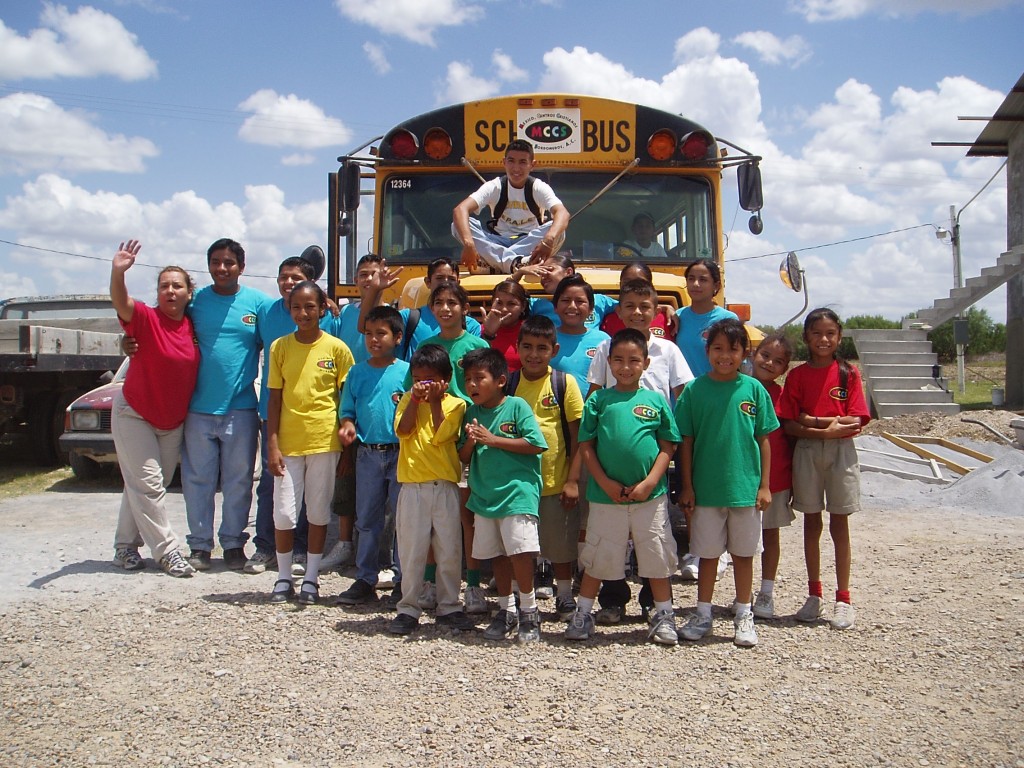
In his book “More or Less,” Jeff Shinabarger reflects on the notion of living more with less. It’s not a concept that’s easy for most Americans to embrace – unless you’ve stepped out of your comfort zone and seen how the rest of the world lives, seen that happiness is not dependent on how much stuff you have, and that life is more fulfilling when you focus on relationships and family and are grateful for daily blessings.
That’s not to say that all of our “stuff” is bad. But believing that we need all of these things skews our perspective on the world and our place in it, and makes us less grateful for what we have … like running water and flushing toilets and other things people only dream of.
If you ever have the opportunity to take a mission trip or visit a developing country, I encourage you to go. See how the rest of the world lives, what they happily do without. Allow yourself the chance to see your own world through their eyes. You’ll be a richer person for the experience.
Read what other Patheos bloggers are saying about “More or Less” on the blogger rountable.


